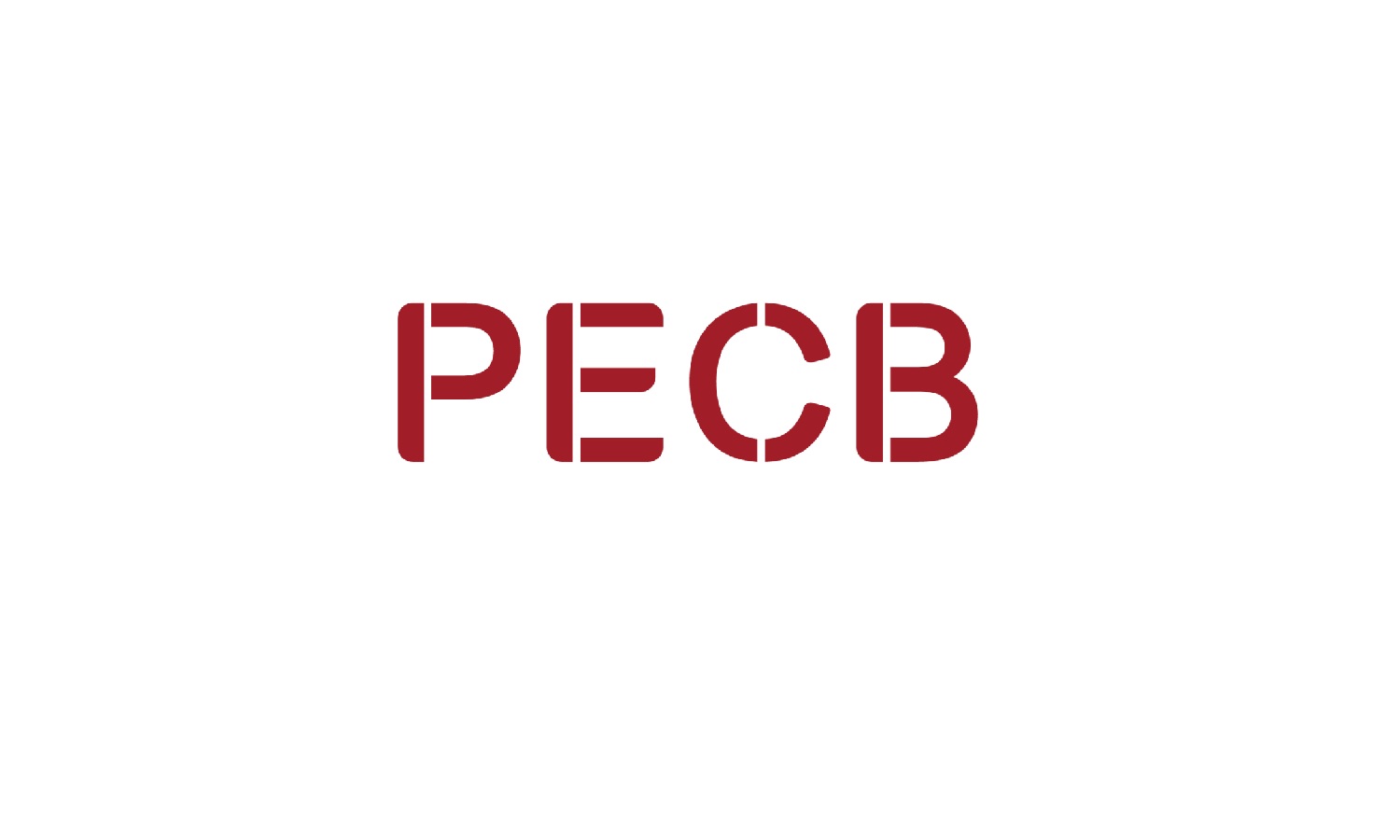








about us
Georgian Certification Organization
We are a private consulting company providing professional services in the domain of international standards (ISO) certification.
The activities of the Georgian Certification Organization (GCO) align with the legislation of Georgia and adhere to the established requirements set by the International Organization for Standardization.
What is ISO certification?
ISO certification is a formal recognition that an organization has met the requirements of a specific ISO standard, demonstrating its commitment to quality management, environmental responsibility, information security, or other areas of focus.
What are the benefits of ISO certification?
ISO certification offers advantages such as increased customer trust, improved internal processes, enhanced risk management, potential cost savings, access to new markets, and alignment with international best practices.
What is the process for obtaining ISO certification?
The process typically involves preparation and gap analysis, documentation development, implementation of processes, internal audit, external audit, and certification decision.
How long does it take to get ISO certified?
The timeline for ISO certification depends on factors such as the complexity of the organization, size, readiness, and the specific ISO standard. It can range from a few months to over a year.
What is the role of an ISO consultant?
An ISO consultant provides expertise and guidance throughout the certification journey. They assist in implementing ISO requirements, developing documentation, training staff, conducting internal audits, and preparing for external audits.
What is the cost of ISO certification?
The cost varies depending on factors like the ISO standard, organization size, complexity, location, consultant fees (if applicable), and certification body charges. It's best to request quotes from certification bodies and consultants to get an accurate estimate.
Is ISO certification mandatory for our industry?
ISO certification is generally voluntary unless specified by regulatory or contractual requirements. However, many organizations choose to pursue it to gain business advantages and demonstrate their commitment to quality.
Can we achieve ISO certification on our own without a consultant?
Yes, it is possible to achieve ISO certification without hiring a consultant. However, the process can be complex and challenging, especially for organizations without prior experience in implementing ISO standards. Hiring a consultant can provide valuable expertise and guidance, making the certification journey smoother and more efficient. Ultimately, whether to use a consultant or not depends on the organization's resources, expertise, and commitment to managing the certification process independently.
How often is ISO certification required to be renewed?
ISO certifications typically have a validity period of three years. After this period, organizations must undergo a recertification audit to maintain their certification status. During the three-year period, organizations are also subject to surveillance audits by the certification body to ensure ongoing compliance with ISO standards.
What happens during an ISO certification audit?
During an ISO certification audit, an independent certification body evaluates an organization's management system, processes, and practices against the relevant ISO standards. The audit process involves several stages, including document review, interviews with key personnel, and on-site inspections. The goal is to assess the organization's compliance with the standard's requirements and identify areas for improvement.
Are there any specific requirements for ISO certification documentation?
Yes, ISO certification requires organizations to maintain documented information related to their management system. The specific documentation requirements vary depending on the ISO standard being pursued. Typical documents include policies, procedures, work instructions, records, and a quality manual. The organization should ensure that these documents are regularly updated, controlled, and accessible to relevant personnel.
What are the common challenges in implementing ISO standards?
Implementing ISO standards can present various challenges for organizations. Some common challenges include: Resource allocation: Adequate resources (financial, human, and technological) must be allocated to implement the necessary changes for compliance; Cultural shift: Adapting to a new quality or process-oriented culture may require significant effort and employee buy-in; Documentation management: Maintaining and organizing the required documentation can be time-consuming and cumbersome; Integration with existing processes: Aligning existing procedures with ISO requirements might demand adjustments to current practices; Training and awareness: Ensuring all employees understand and follow the ISO standards necessitates comprehensive training and awareness programs.
What happens if our organization fails to meet the requirements during the audit?
The consultants of the Georgian Certification Organization issue a recommendation to conduct a certification audit only when the company is ready to receive a certificate. Until now, there has been no case where the company did not obtain an ISO certificate.
PROFESSIONAL SERVICES OFFERED BY THE GCO
We offer expert guidance and assistance to organizations seeking to implement and maintain ISO standards
INTERNATIONAL STANDARDS
Developed and published by the International Organization for Standardization (ISO)
















